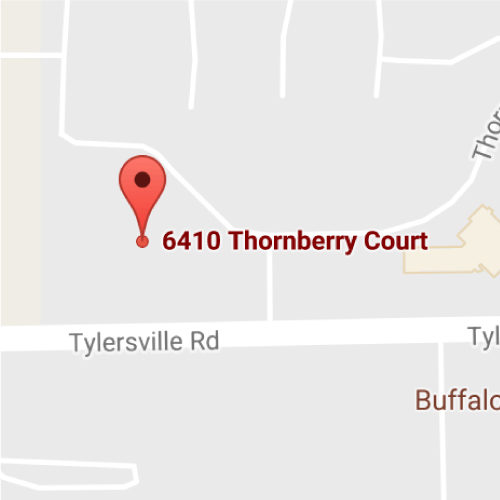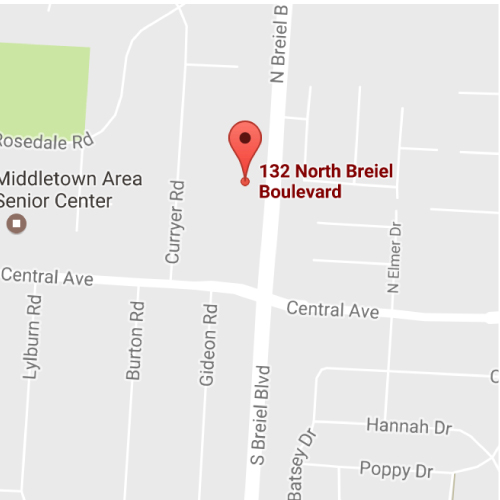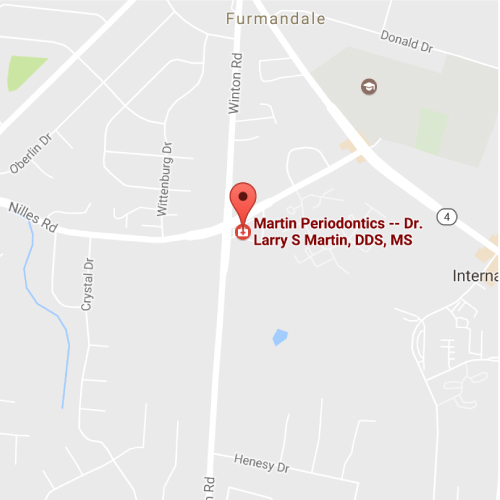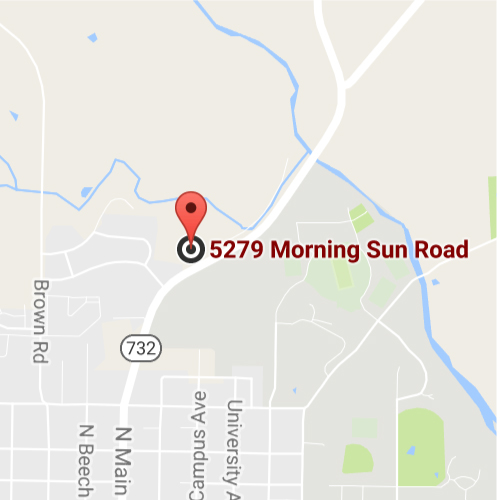Dental FAQ
Dental Implants Mason, OH
 Finding all of the information relevant to dental health can be overwhelming. We're here to help patients learn about common dental procedures, and understand the importance of preventative dental care. Our goal is to provide clear, concise answers to every patient's dental questions, and to ensure that our patients have the knowledge to keep their teeth and gums clean and healthy. Finding all of the information relevant to dental health can be overwhelming. We're here to help patients learn about common dental procedures, and understand the importance of preventative dental care. Our goal is to provide clear, concise answers to every patient's dental questions, and to ensure that our patients have the knowledge to keep their teeth and gums clean and healthy.
What is periodontal disease?
Periodontal gum disease is an infection of the gums that, over time, breaks down the bone structures that support teeth. Periodontal disease begins with the accumulation of plaque on the teeth. This leads to an inflammation of the gums called gingivitis. When left untreated, gingivitis progresses into periodontitis, where the inner layer of the gum and bone pull away from the teeth. This forms pockets that become infected.
Over time, the infection and the body's immune response break down the bone and connective tissue that hold the teeth in place. Symptoms of periodontal disease include swollen gums, bleeding gums, persistent bad breath, and loose teeth. Consistent oral hygiene, regular dental check-ups, and professional cleanings are essential to prevent and manage periodontal disease.
How Can I Prevent Periodontal Disease?
You can prevent periodontal disease with consistent oral hygiene. We recommend that patients brush their teeth at least twice per day, and to floss each night before their last brushing to remove plaque and food from between the teeth and near the gums before sleep.
Regular check-ups and professional cleanings are crucial to prevent periodontal disease. We detect early signs of gum disease, treat it, and prevent it from progressing. In addition, avoiding tobacco, eating a balanced diet, and exercise contribute to overall health and help to prevent periodontal gum disease.
What Are Dental Implants?
Dental implants are a durable, long-lasting dental prosthetic. A titanium implant is placed into the jawbone to mimic tooth roots, and restimulate bone growth. Over time, the titanium implant integrates with the jawbone through a process called osseointegration. This ensures a stable and secure anchor for restorations. An abutment connects the implant to the crown, and the crown of the dental implant replicates the visible portion of a natural tooth. Dental implants are chosen for their comfortable, long-lasting, natural-looking results.
How Do Dental Implants Work?
Dental implants work by mimicking the natural structure of a tooth all the way down to the root. A titanium implant is placed into the jawbone that acts as an artificial tooth root, and restimulates bone growth in the jaw. Over time, the implant integrates with the bone to create a strong foundation for teeth replacement. Once the implant is integrated, an abutment is attached to connect the implant and the crown. Lastly, a custom crown designed to match the shape and color of the patient's natural tooth is attached to the abutment. Dental implants function exactly like a natural tooth. They are durable, stable, and blend seamlessly with natural teeth.
Oral Hygiene FAQs
Consistent oral hygiene maintains a healthy smile. Brush thoroughly at least twice per day, and floss every evening before brushing to keep the mouth clean while sleeping. Routine dental check-ups and cleanings are crucial to identify and treat any issues fast. Good oral hygiene prevents cavities, gum disease, bad breath, and reduces the risk of serious health conditions like heart disease and diabetes. When we maintain consistent oral hygiene, we enjoy a healthy smile and better health overall.
Why is Brushing Important? Brushing your teeth twice per day removes food particles and plaque from the surfaces of the teeth, which prevents issues with dental health. When plaque is not removed with regular brushing, it leads to tartar, tooth decay, bad breath, and gum disease. Brushing twice a day keeps our teeth clean, breath fresh, and smiles bright. Consistent brushing, flossing, and regular check-ups, are the foundation of oral health, and boost overall health.
How Often Should I Floss? Flossing is an integral part of daily oral hygiene. Flossing removes plaque and food particles from areas that a toothbrush can't reach, between the teeth and under the gumline. The best time to floss is before brushing your teeth at night. This ensures that you go to sleep with a clean mouth and prevents bacteria from attacking tooth enamel at night. Consistent flossing maintains healthy gums, teeth and overall health.
What is Plaque and How Can I Remove It? Plaque is a sticky film of bacteria that constantly forms on the teeth and along the gumline. It develops when bacteria in the mouth mixes with food particles. The bacteria feeds on sugars and starches from foods and drinks, then produces acids that damage tooth enamel. Without proper brushing and flossing, this leads to tooth decay and gum disease.
To remove plaque, brush your teeth at least twice a day, and floss daily to clean between your teeth and under the gums. Regular dental check-ups and professional cleanings are crucial because our team removes hardened plaque, known as tartar, from the teeth. Tartar cannot be eliminated by brushing and flossing alone. Keeping plaque under control is vital to maintain oral health.
Best Techniques for Brushing and Flossing When brushing, use a soft-bristled toothbrush and toothpaste. Hold your toothbrush at a 45-degree angle to your gums and use gentle, circular motions to clean all the surfaces of your teeth. The front, the back, and the chewing surfaces. Brush for at least two minutes, twice per day. Be sure to reach the back molars, and along the gumline.
For flossing, use about 18 inches of dental floss, and wind most of it around each middle finger, then leave a few inches between your hands to work with. Gently slide the floss between your teeth, curve it into a C shape against the tooth, and slide it up and down. Repeat on the next tooth. Don't forget to floss below the gumline and use a clean section of floss for each tooth. When we follow the best techniques, we remove plaque and food particles, and keep our teeth and gums healthy. |



